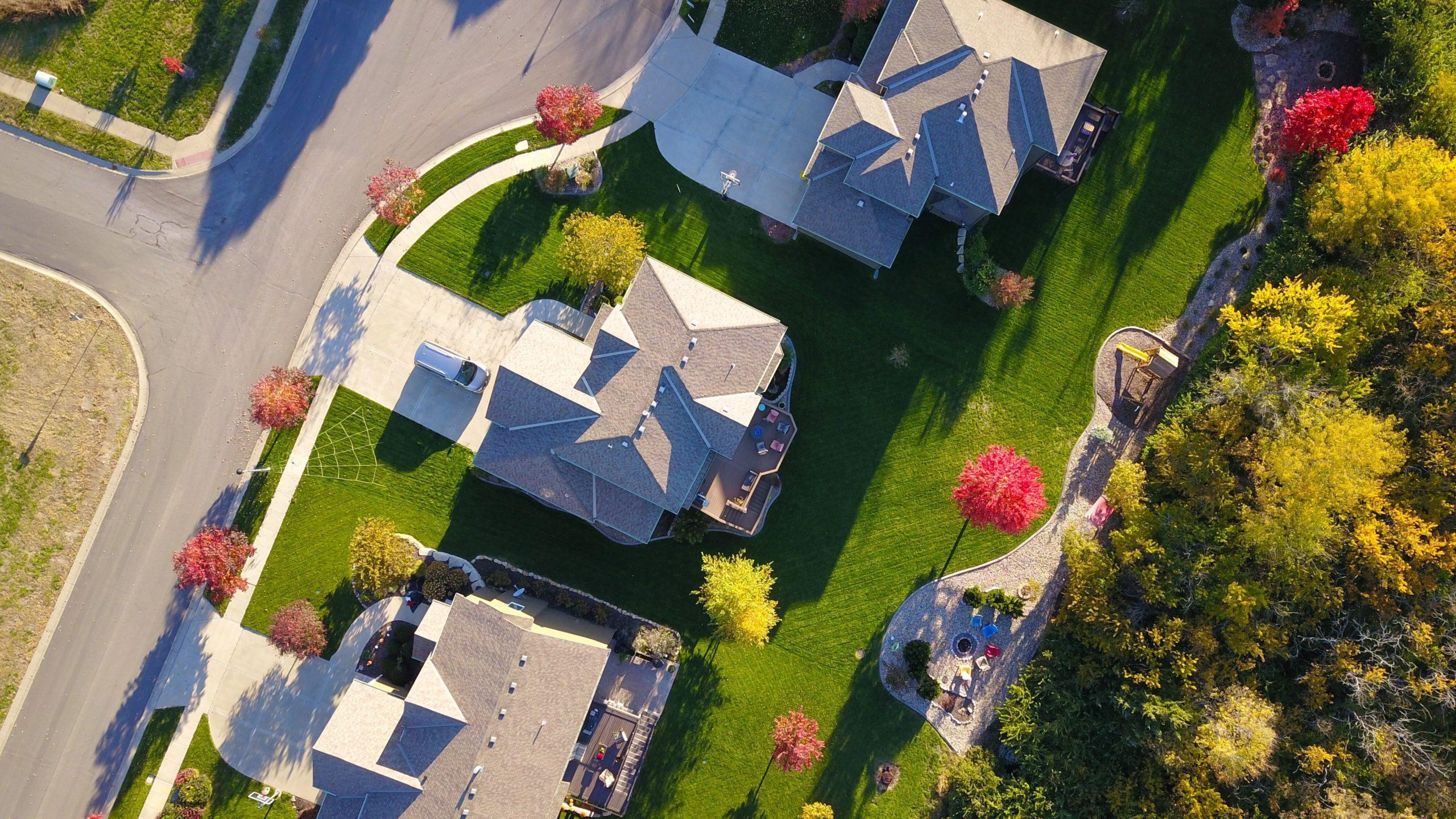Physical isolation can lead to mental health concerns. Shelter-in-place guidelines have created a smaller bubble in which we live our lives. Google Maps timelines can help visualize how the number of places we visit has changed since the onset of COVID. Compare the first image with January’s data to the second image with April’s data to see how limited our movement has become.
Seeing the bubble in this way is staggering. Physical isolation is causing psychological distress across the board. Many people are facing drastic changes in their daily routine and unfortunately, their mental health. This can mean depression, anxiety, irritability and insomnia. However, different age groups have unique challenges and are being impacted in their own ways.
Physical isolation and Gen Z’s mental health
Data shows Gen Z generally places a lot of value on face-to-face communication. 72% of participants in a study choosing it as their preferred communication method at work. COVID is disrupting this entirely. This group and millennials are the “over-scheduled generation.” They value staying busy and equate being busy with success. The sudden shift to being socially isolated and not busy can trigger mental health issues like anxiety.
Coupled with this is their affinity for cell phones and social media. Apps like Instagram and TikTok have seen a spike in hours used by this age group. The amount of time an average college student spent on TikTok in the last week of March was 2.95 times greater than those same students a month earlier. Instagram saw a similar jump.
Social media is a great tool to stay connected when socially isolated. However, it can make users feel even more lonely and isolated. It can even be a factor in anxiety and depression for young people. A study looking at social media use and social isolation among young adults in the U.S. found those who visited any social media platform at least 58 times per week were three times more likely to feel socially isolated than those who used them less than nine times. The significant jump in social media use from Gen Z can contribute to mental health problems while sheltering in place.
Gen X
Much of Gen X is taking on the responsibility of not only their safety, but their children’s and elderly parents’ safety. They’re making sure their family’s needs are met while checking on parents to make sure they’re staying in. This generation is prone to mental and emotional exhaustion, as juggling childcare and working from home can be overwhelming. All ages are dealing with financial distress, but Gen X is taking a big hit. Financial distress can be a factor in mental health issues. Gen X wasn’t raised as part of the “overscheduled generation,” so they aren’t facing the same challenges as their younger counterparts. However, they face these extra stressors and responsibilities that can impact mental health.
Gen X as a group is a role model for resiliency, though. “We survived the crack epidemic, the AIDS epidemic, the War on Drugs, mass incarceration, the S&L collapse all the while living on nothing but PB&J and ennui,” Tweeted Daryl Sturgis. “The other generations should follow our lead on this one.” Gen X is noted as being well-equipped to weather this storm due to their experience with the historical crises mentioned above, and their incentive to stay home to be a role model for their children and parents.
Interested in this topic? Learn more about tangible ways to improve your social wellness and live a healthier life in this article.
Boomers and Retirees
Elderly individuals are statistically the most vulnerable to coronavirus. The isolation tacked onto the fear of the virus can mean significant anxiety for this age group. Anxiety and fear can come from knowing if they end up hospitalized, they won’t be able to have family there to care for them. Feelings of depression can be prevalent among this group because they feel they’re losing valuable time with loved ones. Being forced to isolate from even family can take its toll, especially with no end in sight. Often, this age group was already living in their own bubble, such as in a long-term care facility.
More than 40% of seniors regularly experience loneliness, and COVID is making that worse. There are very real health implications for grandparents not being able to spend time with their grandchildren. For those 80 and older, memory and mental function can decrease with isolation if they aren’t connecting with loved ones daily.
Physical isolation can take its toll on mental health
The pandemic and stay-at-home orders can put all ages at risk for mental health issues. It’s important we stay connected, even if we can’t be close physically. We need to be mindful of the unique challenges our loved ones are facing, and be compassionate by checking on them often.



